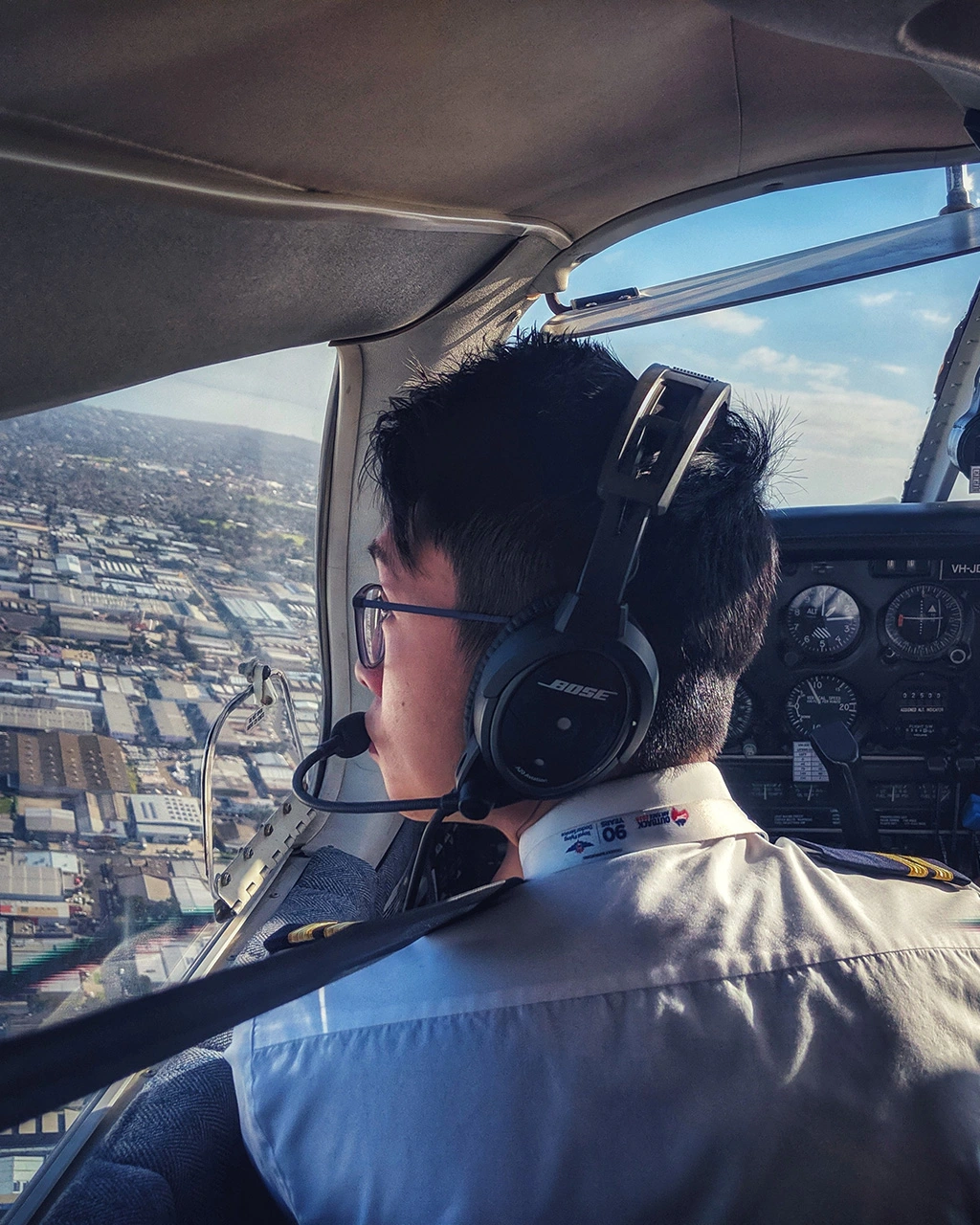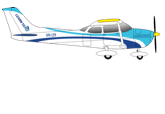
February 13, 2025
The Role of E-learning Platforms in Aviation Education
The aviation industry is one of the most dynamic and demanding sectors, requiring precision, technical expertise, and continuous learning.
E-learning platforms provide accessible, flexible, and comprehensive training solutions, ensuring aspiring pilots and seasoned professionals stay updated with industry standards and advancements.
1. Accessibility and Flexibility in Training
E-learning platforms break down geographical barriers, making high-quality aviation education accessible to students worldwide. This flexibility is particularly beneficial for individuals pursuing certifications like the private pilot licence, as it allows them to balance training with other commitments.
Courses on these platforms often include modules that can be accessed anytime, enabling learners to study at their own pace. Whether they are learning the principles of aerodynamics or mastering flight safety protocols, learners can revisit challenging topics as needed, ensuring a strong grasp of essential concepts.
2. Comprehensive and Interactive Content
Modern e-learning platforms incorporate various multimedia tools, such as videos and interactive quizzes, to create engaging and effective learning experiences. For example, many platforms offer live webinars and interactive classes led by experienced flight instructors. This approach combines the benefits of self-paced learning with the opportunity to ask questions and receive real-time feedback.
E-learning platforms also provide access to up-to-date materials and resources aligned with the latest industry standards, ensuring that students are well-prepared for their careers.
3. Cost-Effective Training Solutions
Traditional aviation training involves significant expenses, including aircraft rental, instructor fees, and travel costs. E-learning platforms help reduce these costs by offering online theory courses, allowing learners to complete foundational training from the comfort of their homes.
These platforms make aviation education more affordable, particularly for individuals and smaller aviation schools with limited budgets, by minimising the need for physical infrastructure.
4. Personalised Learning Paths
E-learning platforms leverage advanced technologies like artificial intelligence (AI) to offer personalised learning experiences. For instance, platforms can analyse a student’s progress and recommend tailored content to address knowledge gaps.
This customisation ensures that learners receive targeted support, improving their chances of success in both theoretical exams and practical assessments. For aspiring pilots pursuing a private pilot licence in Australia, this approach can significantly enhance their preparation for the rigorous examination process.
5. Enhancing Safety and Risk Management
Safety is a cornerstone of aviation, and e-learning platforms play a crucial role in reinforcing this principle. By simulating real-life scenarios, such as engine failures or adverse weather conditions, these platforms prepare students to handle emergencies effectively.
Additionally, online courses often include comprehensive modules on human factors, risk assessment, and decision-making, equipping pilots with the knowledge needed to maintain safety standards in various operational contexts.
6. Supporting Lifelong Learning
The aviation industry is constantly evolving, with new technologies, regulations, and best practices emerging regularly. E-learning platforms provide a convenient way for professionals to stay updated and maintain their certifications.
For instance, pilots holding a commercial pilot license in Australia can access specialised courses on emerging topics like advanced navigation systems, drone operations, and environmental sustainability. These continuous learning opportunities help professionals remain competitive and adaptable in a rapidly changing industry.
7. Bridging the Gap for Regional and Remote Learners
In Australia, where vast distances often separate learners from major aviation schools, e-learning platforms are particularly valuable. They provide access to high-quality training for individuals in regional and remote areas, ensuring that geography does not hinder their aspirations.
This accessibility is especially important for obtaining foundational certifications enabling students to complete much of their theoretical training online before advancing to practical flight training at local airstrips.
8. Industry Collaboration and Accreditation
Leading e-learning platforms collaborate with aviation authorities and organisations to ensure their courses meet industry standards. Accreditation from bodies like the Civil Aviation Safety Authority (CASA) in Australia adds credibility to these platforms, giving students confidence in the quality of their training.
Moreover, partnerships with airlines, aviation schools, and training centres enable seamless transitions from online learning to practical training, providing a comprehensive pathway for aspiring pilots.
9. Overcoming Challenges in E-learning
While e-learning platforms offer numerous advantages, they are not without challenges:
- Practical Training Limitations: Aviation is a hands-on field, and practical flight experience is irreplaceable. E-learning must be supplemented with in-person training to ensure pilots develop the necessary skills.
- Technological Barriers: Limited access to reliable internet or advanced devices can hinder some students from fully benefiting from e-learning platforms.
To address these issues, aviation schools and regulators are adopting hybrid training models that combine online theory with in-person practice, ensuring a balanced and effective learning experience.
10. Future Trends in Aviation E-learning
The future of aviation education is closely tied to technological advancements. Emerging trends include:
- Virtual Reality (VR) and Augmented Reality (AR): These technologies are set to revolutionise training by providing immersive experiences that mimic real-world flying conditions. For example, VR can simulate complex airport environments, helping students practice taxiing and takeoff procedures.
- AI-Driven Analytics: Artificial intelligence will continue to enhance e-learning platforms by offering deeper insights into student performance and suggesting personalised improvement strategies.
- Global Collaboration: E-learning platforms are likely to foster greater collaboration between aviation schools worldwide, creating opportunities for students to access diverse training programs and learn from international experts.
E-learning platforms have become an integral part of aviation education, offering accessible, flexible, and cost-effective training solutions for students and professionals alike. By combining interactive content, real-time analytics, and industry collaboration, these platforms are shaping the future of aviation training.
For aspiring pilots, e-learning platforms provide a strong foundation for obtaining certifications like the private pilot licence in Australia. As technology continues to advance, the role of e-learning in aviation education will only grow, ensuring that the industry remains equipped with skilled and knowledgeable professionals ready to meet the challenges of the skies.








